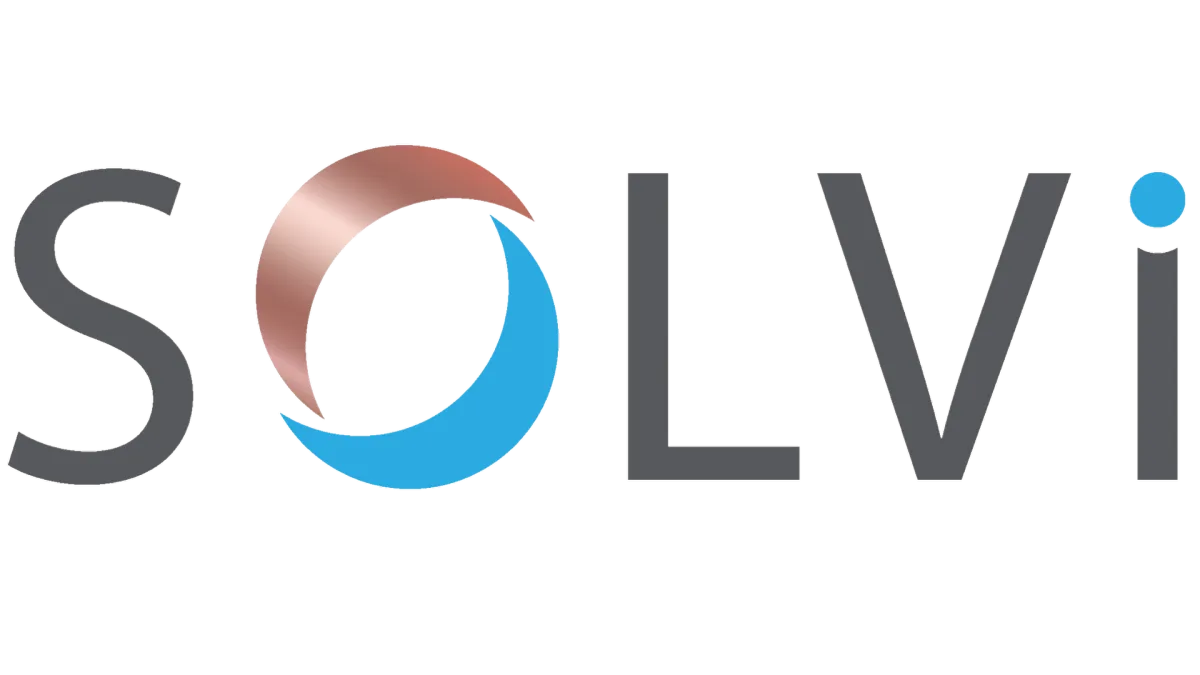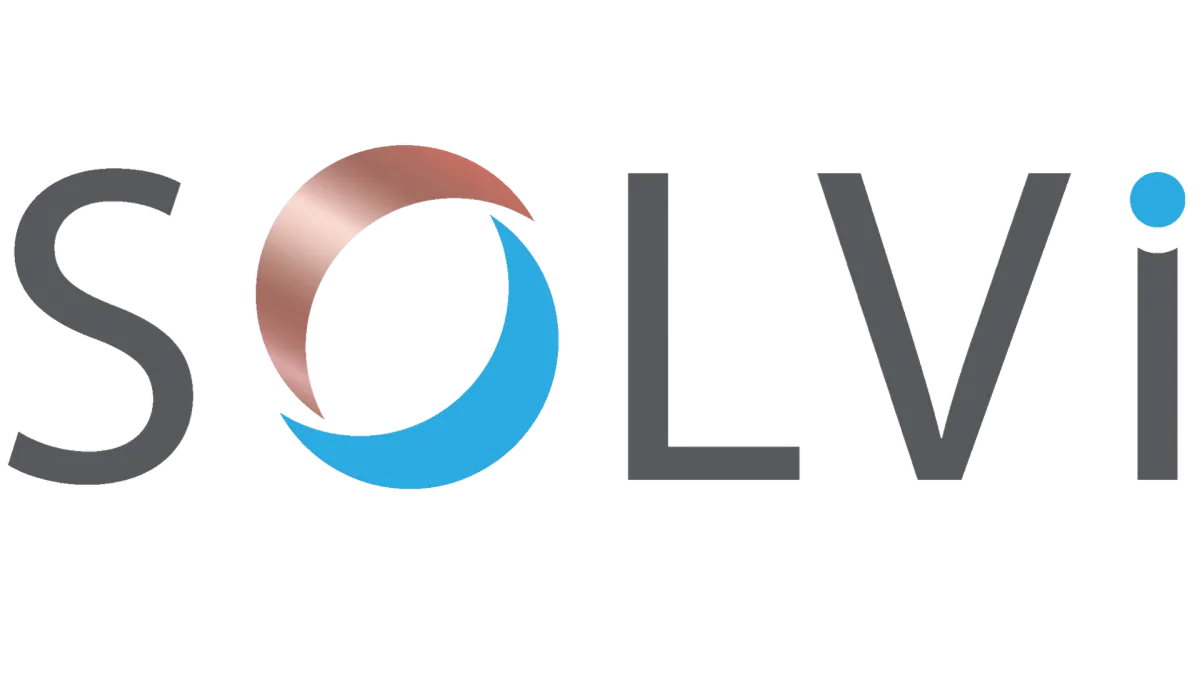
Mindset Matters: Why Migrating to Australia as a Nurse Isn’t as Simple as You Think
If you’re a registered nurse thinking about moving to Australia, you’re not alone. Thousands of healthcare professionals are looking for better pay, work-life balance, career development, and a permanent future. But there’s one thing that sets successful migrants apart.
It’s not just their qualifications.
It’s not just their experience.
It’s their mindset.
Most nurses begin this journey believing it will be easier than it is. They assume that if they’ve already migrated to the UK, New Zealand, or the Gulf, moving to Australia will follow the same path.
🛑 But that assumption is wrong—and it can cost you time, money, and even your visa eligibility.
🔍 Google Is Not Your Migration Strategy
We regularly hear from nurses who say things like:
“I’ve been doing my own research.”
“My friend just got her visa—she said it was easy.”
“I don’t think I need help until later.”
But here’s the reality: whether you’re applying for registration or a visa, you’re navigating changing and highly technical areas of Australian law.
🧑⚖️ You wouldn’t self-represent in a legal case without a lawyer.
💻 So why try to self-navigate visa law, sponsorship obligations, or registration pathways without proper guidance?
Even a single misunderstanding—like the wrong English test, declaring the wrong work experience, or lodging an EOI before you’re ready—can derail your entire plan.
🇦🇺 Australia’s System Is Not Like the UK, the Gulf, or Anywhere Else
Many of our clients moved to the UK first, and assume they can follow the same approach for Australia. But Australia’s system is completely different.
For example:
A job offer doesn’t guarantee a visa.
Employer sponsorship does not mean the employer handles everything.
Having registration (AHPRA) doesn’t mean you’re automatically eligible for a visa.
In fact, depending on your pathway, you might need:
A valid skills assessment (like ANMAC)
Proof of functional English for your partner or children over 18
A clean immigration and character history
Evidence that your children aren’t in someone else’s custody
To meet health requirements for everyone in your family
Whether you’re applying through the Skilled Independent (189), State Nominated (190/491), or Employer Sponsored (482/494/186) visas, there are complex eligibility rules that apply to you, the nurse—not just your employer.
🧘 Patience Over Panic: Why Migration Takes Time
It’s understandable to want quick results. But migration is not a rush job. It’s a process.
Whether you’re:
Registering with AHPRA
Applying through New Zealand first
Completing an ANMAC skills assessment
Waiting for nomination or invitation
Lodging a visa with dependants…
…it all takes time.
If you’re impatient or push forward without being fully eligible, it could result in:
❌ Visa refusal
❌ Loss of money
❌ Blocked opportunities
❌ Needing to restart your process
Instead, approach migration with strategic patience—and trust the process.
😓 Confidence Is Good. Overconfidence Is Dangerous.
Many nurses think:
“I’ve worked in multiple countries—I’ve got this.”
“I passed OET already—I’m covered.”
“I’m registered, so I can apply straight away.”
But confidence needs to be balanced with humility and legal awareness.
We’ve seen cases where:
Nurses took the wrong English test for their visa, not just AHPRA
Partners were overlooked and later caused refusal due to health
Nurses applied for the wrong occupation code or points calculation
Nurses assumed a job offer included PR—when it didn’t
Nurses misread AHPRA or visa rules and lodged invalid applications
Migration isn’t about guessing. It’s about knowing—and following the law.
✅ The Mindset of a Successful Migrant
If you want to migrate smoothly and successfully, here’s what we see in the nurses who do it best:
Open to Advice – They seek expert help and don’t rely on guesswork.
Legally Aware – They understand their role in visa compliance, not just the employer’s.
Prepared – They’re ready to meet English, skills, registration, and health requirements.
Patient – They give the process time and don’t panic when things take longer than expected.
Flexible – They accept when new rules or eligibility changes require a new strategy.
👨👩👧👦 Employer Sponsorship ≠ Employer Responsibility for Everything
Let’s be clear: employer sponsorship is not a free pass.
Yes, your employer must meet sponsorship compliance rules.
But you are responsible for:
Ensuring you meet all visa eligibility criteria
Getting your AHPRA registration in time
Meeting English test scores if required
Including correct family members in your application
Disclosing immigration or health issues early
Don’t assume the employer will “take care of everything.”
They can sponsor you—but only you can prove you qualify.
🎯 Final Thoughts
Whether you’re applying independently or via sponsorship, the migration journey is not just a box-ticking exercise. It’s a strategic legal process.
And the most powerful thing you can bring with you?
Not your stethoscope. Not your resume.
🧠 It’s your mindset.
If you’re willing to stay grounded, open-minded, legally aware, and coachable—you’ll give yourself the best chance at success.
✅ What You Should Do Next
🎓 Not yet registered with AHPRA?
👉 Enrol in our Nurse Registration Course at www.nurseregistration.com to get step-by-step guidance on your correct pathway.
Need legal advice on your registration or migration strategy?
👉 Book a consultation with our expert legal team. We’re a trusted Australian law firm helping nurses just like you to successfully migrate.








